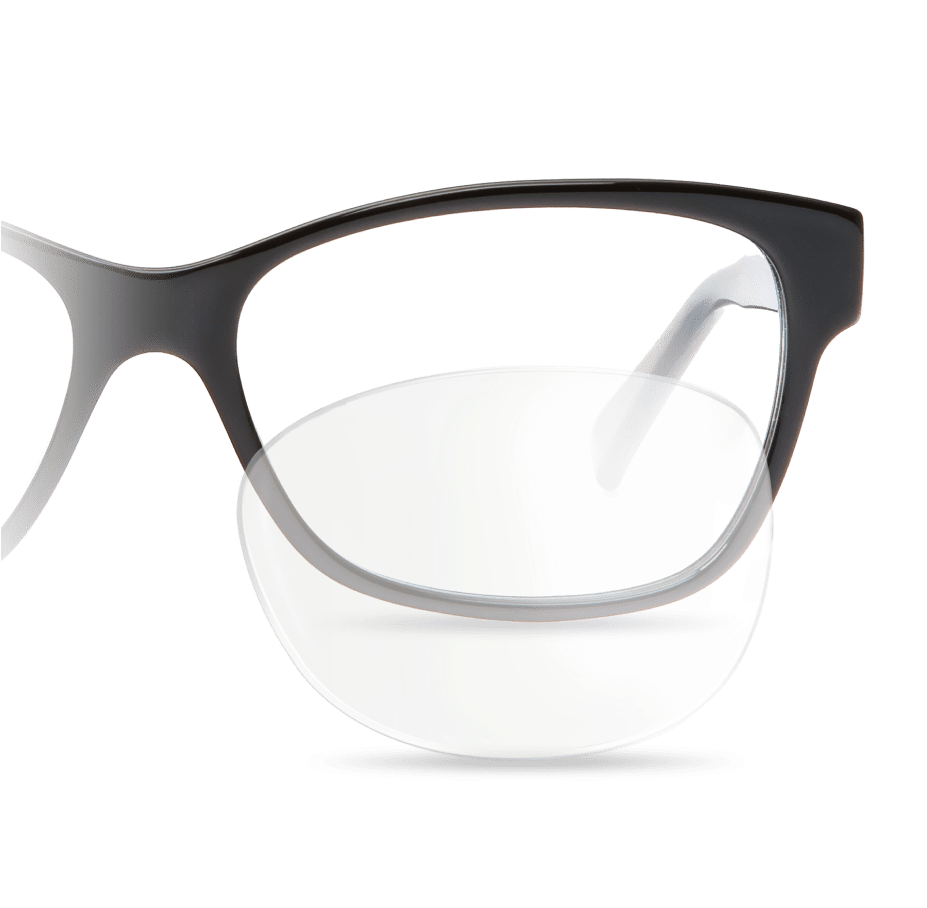What Are The Best Food Sources For Eye Nutrition?

When we think about taking care of our vision, we might picture a trip to the eye doctor, updating our prescription, or investing in a great pair of glasses. But what if maintaining healthy eyes starts long before that…like at the dinner table?
It’s a question worth exploring: Can what we eat really impact our eye health? According to growing scientific research, the answer is a resounding yes. While eyewear and regular eye exams remain essential, what we put on our plate plays a meaningful role in protecting our vision – especially as we get older.
Let’s take a closer look at how the food we eat supports one of our most delicate organs, and some of the best sources of eye nutrition to boost our sight for years to come.
The proof is in the research
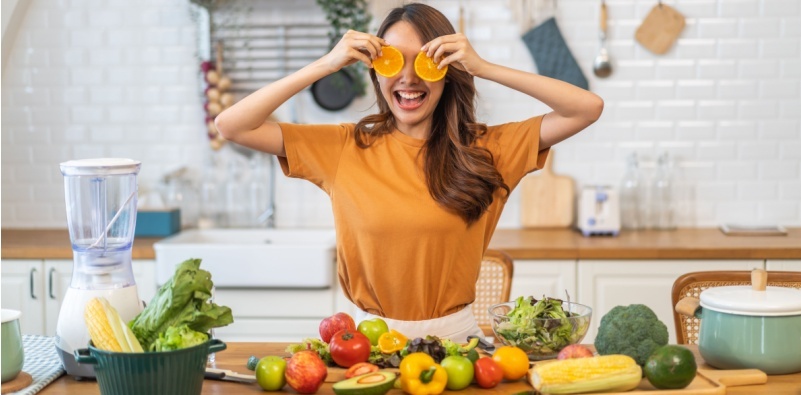
The eyes are incredibly complex organs, and like the rest of the body, they rely on proper nourishment to function at their best. Research shows that certain nutrients can help protect important parts of the eye, especially the retina – the thin layer of tissue at the back of the eye responsible for receiving light and sending visual signals to the brain.
A healthy diet can also reduce inflammation in the eyes and may slow the development of common later-life conditions like age-related macular degeneration (AMD), which affects central vision, and cataracts, which cause the eye’s natural lens to become cloudy over time.
While no diet can guarantee perfect vision, a nutrient-rich meal plan can go a long way in supporting long-term eye health.
Key vitamins and nutrients for eye health
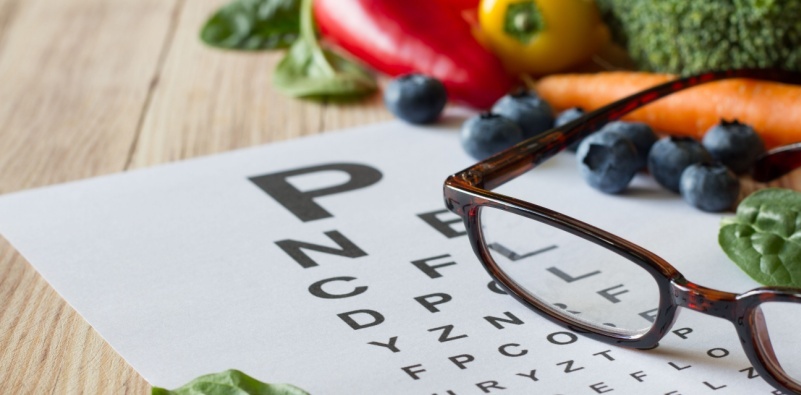
Certain vitamins, minerals, and antioxidants have proven especially beneficial when it comes to keeping our eyes in top shape. Here are the key players to know when it comes to the best foods for eye health:
Lutein & Zeaxanthin
These powerful carotenoids are found in leafy greens like spinach, kale, and broccoli. They accumulate in the macula — the part of the retina responsible for sharp, central vision — where they help filter harmful blue light and reduce oxidative damage. Other lutein and zeaxanthin benefits include being linked to lower risks of AMD and cataracts.
Vitamin A
This vitamin is crucial for maintaining the surface of the eye and supporting night vision. Vitamin A deficiency can lead to dry eyes, poor sight in low light, and even more serious eye conditions. Good sources include carrots, sweet potatoes, butternut squash, and eggs.
Omega-3 Fatty Acids
Best known for their heart health benefits, omega-3s (particularly DHA and EPA) aid the tear film that keeps eyes moist. They may reduce symptoms of dry eye syndrome and help prevent AMD. You’ll find them in oily fish, like salmon and sardines, as well as flaxseeds and walnuts.
Vitamin C and E
Both of these are potent antioxidants that help safeguard the eye’s cells from free radical damage, lowering the risk of cataracts and AMD. Vitamin C supports healthy blood vessels in the eyes, while vitamin E helps sustain the integrity of cells in the retina. Load up on oranges, strawberries, almonds, avocados, and sunflower seeds for a healthy dose of both.
Zinc
This essential mineral helps transport vitamin A from the liver to the retina and allows enzymes in the eye to function properly. It’s especially important for night vision and may help slow AMD progression. Look for zinc in meat, poultry, dairy, legumes, and seeds.
Supplements versus whole foods
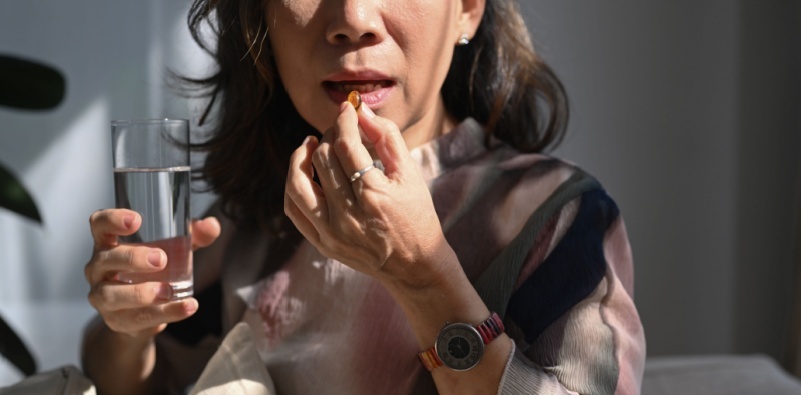
While there is no shortage of supplements marketed for eye health, for most people, a balanced, food-first approach is ideal. Whole foods not only provide these essential nutrients but also offer a wide range of other vitamins, minerals, and fibers that work together to support overall wellness. However, there are a variety of supplements that can be taken alongside your diet to ensure you are getting the amount of nutrients you need. Not sure which ones to take? Consult with your eye doctor for more information and find a combination that works for you.
How to improve eye health through food
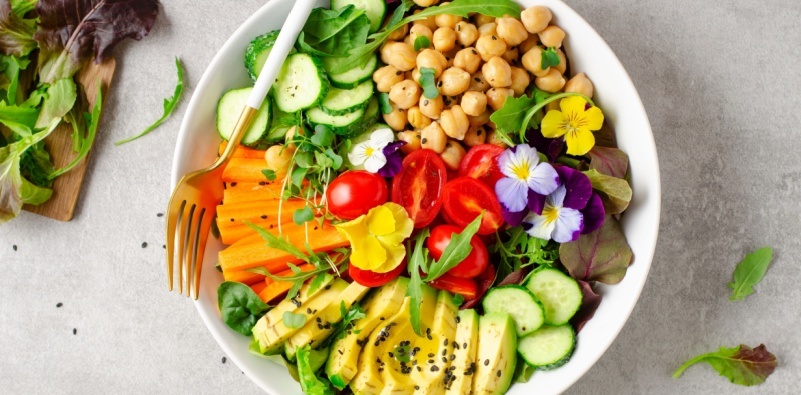
Incorporating eye-healthy nutrients into your daily meals doesn’t need to be complicated or expensive. Here are a few real-life tips for nourishing your vision through everyday choices:
Eat the rainbow
Brightly colored fruits and vegetables (like peppers, berries, and leafy greens) are packed with antioxidants that aid eye function. The more colorful, the better!
Stay hydrated
Drinking plenty of water helps maintain healthy tear production and prevents dry, irritated eyes.
Cook with healthy fats
Choose olive oil, nuts, and fatty fish to boost your omega-3 intake while reducing processed snacks and fried foods.
Add leafy greens
Toss a handful of spinach into smoothies or mix kale into soups and stews.
Snack smarter
Swap chips for a handful of sunflower seeds, walnuts, or carrot sticks with hummus.
Food for thought
Remember, it’s not about eating perfectly, but with intention and focusing on a balanced diet. Think of every plate as a way to support your sight, whether adding a side of leafy greens or swapping in fish for dinner once a week. Even small, consistent changes to your eating habits can make a real difference in boosting your long-term vision.
A holistic approach to vision care
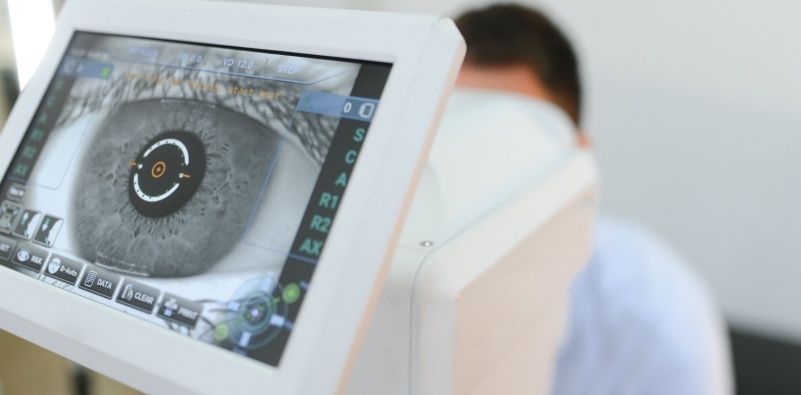
While nutrition plays a significant role, it’s just one piece of the eye health puzzle. To truly care for your eyes, it’s important to pair eye nutrition with:
- Regular eye exams to help catch issues early and ensure your prescription is up to date
- Protective eyewear – whether it’s sunglasses to guard against UV rays or blue light filters for screen time, the right lenses matter
- Proper lighting and screen habits help minimize eye strain by taking breaks and adjusting device brightness.
Together, these habits create a solid foundation for sustaining healthy sight throughout life.
Eye health starts with your food choices – but don’t forget to schedule regular eye exams and wear eyewear with the correct prescription and UV protection if they’re shades for the ultimate eyecare.



















